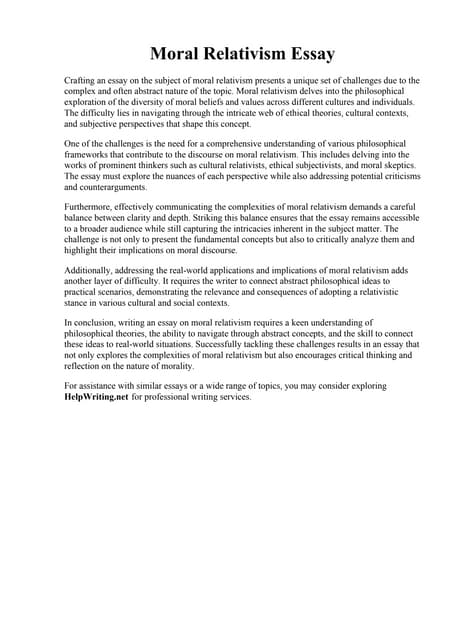If you like reading about philosophy, here’s a free, weekly newsletter with articles just like this one: Send it to me!
He was one of the giants of philosophy in the 20th century. Hannah Arendt, a great philosopher in her own right, was his student. She said of him that his students saw in him “the hidden king who reigned in the realm of thinking.” His philosophy was new and exciting and full of passion, and the passion stayed with him even when good old common sense left him. We’re speaking, of course, of Martin Heidegger, the most influential of what we today call “continental” philosophers.
He was born, in 1889, into another time, but his life was inextricably linked with the great wars of the 20th century. Heidegger’s insistence on the power of man to shape himself according to his will, to put himself into the centre of creation, appealed to the ideologists of Nazi Germany. Heidegger failed to distance himself from them, becoming, in the eyes of many, complicit in the crimes of the Nazis, and this accusation overshadowed the rest of his life after the war.

Philosophically, Heidegger saw man, or Dasein, as he called the way of Being of man, as something special, different from all things, and yet intimately connected with them. Only man, in Heidegger’s world, is able to create himself, to define the way he wants to be, what he wants to become, and how he wants to interact with the world around him, using things as tools to further his own goals. At the same time, he finds himself thrown into a world, and forced to make sense of it and find his place within it. His system is complex, and his language, a German as colourful and playful as it is obscure, did not help his cause. “The nothingness nothings,” was one of his infamous quotes, used by analytic philosophers to make fun of continental thought. But there were some great thoughts in Heidegger’s philosophy that later were picked up and developed in the continental tradition, leading to existentialism (via Sartre), philosophical hermeneutics, and a Heideggerian philosophy of technology that is still used fruitfully by philosophers of robot ethics today.

David E. Cooper: Huts, Homelessness and Heimat
For Heidegger, we let things be what they are. Chōmei, steeped in the Buddhist conception of the interdependence of everything, would concur.
His greatest interpreter for the English-speaking world has perhaps been Hubert Dreyfus, who used Heidegger’s basic approach to criticise AI and modern technology in general, and who tried to find a Heideggerian approach to meaning in the modern world. His lectures on Heidegger’s Sein und Zeit are freely available on the …
Read the full article which is published on Daily Philosophy (external link)






